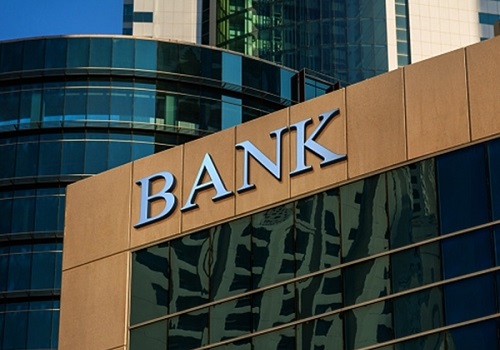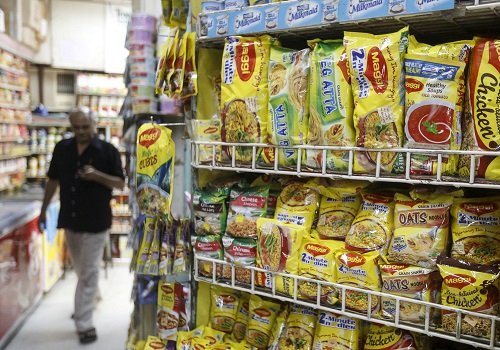Karnataka Bank rises on launching Credit Line on UPI

The Karnataka Bank is currently trading at Rs. 217.80, up by 1.60 points or 0.74% from its previous closing of Rs. 216.20 on the BSE.
The scrip opened at Rs. 217.00 and has touched a high and low of Rs. 218.65 and Rs. 215.80 respectively. So far 23795 shares were traded on the counter.
The BSE group 'A' stock of face value Rs. 10 has touched a 52 week high of Rs. 286.35 on 20-Jan-2024 and a 52 week low of Rs. 192.25 on 04-Jun-2024.
Last one week high and low of the scrip stood at Rs. 230.00 and Rs. 215.55 respectively. The current market cap of the company is Rs. 8158.20 crore.
The Institutions and Non-Institutions held 37.57% and 62.42% stake respectively in the company.
Karnataka Bank has entered into Digital financing with the launch of the Credit Line on UPI, a revolutionary offering by the National Payments Corporation of India (NPCI). The Bank will be offering Credit Lines through a strategic partnership with Navi, marking Karnataka Bank as one of the early adopters of this next-gen credit product. This is currently offered to a closed group of select users who are pre-qualified for the product, and it will be launched to more users basis customer feedback.
The introduction of Credit Line on UPI is designed to offer unparalleled convenience and enhance the digital experience for users, aligning with the Bank’s commitment to innovation and customer-centric solutions. The Bank is starting with a Short-term monthly loan product and is in discussions for adding other variant i.e. EMI facilities, Working Capital Credit Lines etc. in future, aligned to customers evolving needs.
Karnataka Bank operates as a private sector bank. Its products and services include current account, demand, time, cumulative, cash certificates, insurance linked savings bank deposits, resident foreign currency accounts and senior citizens deposit schemes.
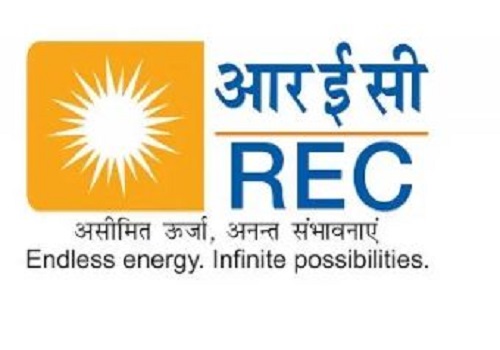

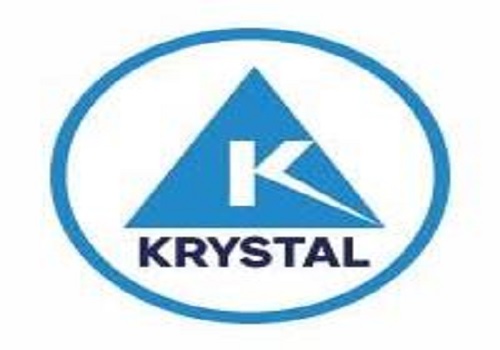





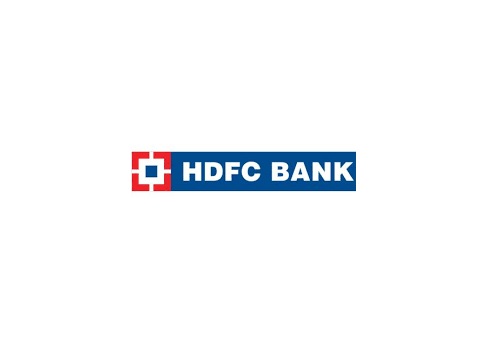








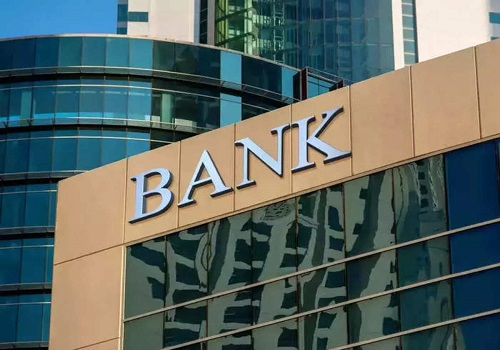
.jpg)
.jpg)
